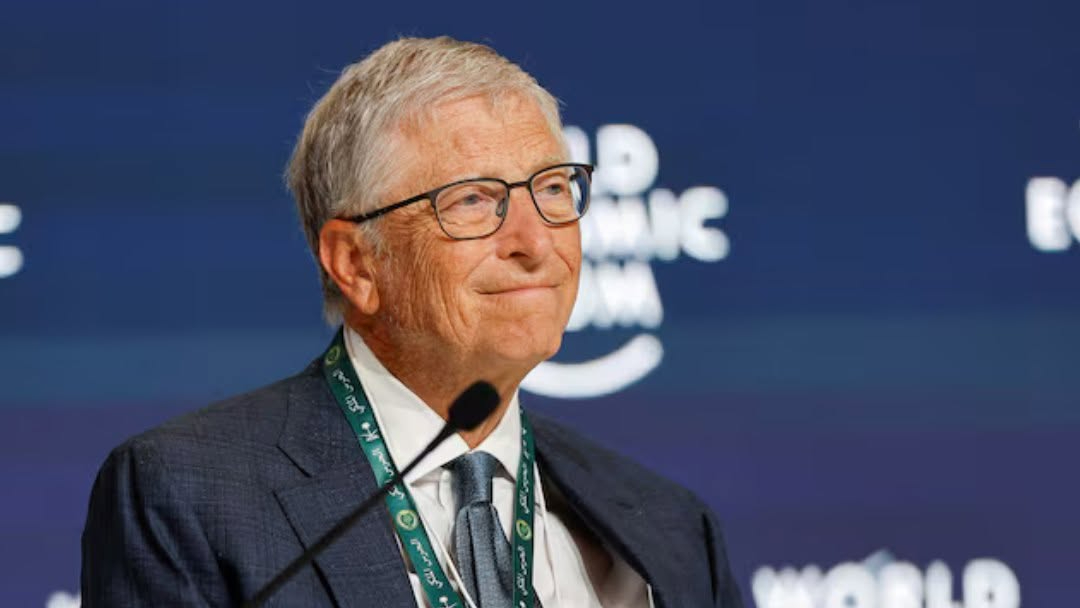The Gates Foundation’s $200M Pledge to Women’s Health
In a world where reproductive rights and women’s healthcare are increasingly politicized and underfunded, the Bill & Melinda Gates Foundation has stepped into the spotlight with a headline-making pledge: a $200 million commitment toward advancing women’s health globally. The announcement, made during a high-profile global summit on reproductive equity, has reignited conversations about philanthropic influence, health justice — and whether large donations can truly solve systemic healthcare failures.
What Is the Pledge and Where Will the Money Go?
The Gates Foundation’s new funding will be allocated over five years, aimed at addressing critical gaps in women’s health — especially in low-income regions where access to basic care is often limited. According to their statement, the money will be focused on three primary areas:
-
Reproductive health and contraceptive access
-
Maternal health and pregnancy care
-
Data and innovation for gender-specific medical research
The foundation emphasized that a significant portion will support local health initiatives in Sub-Saharan Africa and South Asia — regions disproportionately affected by maternal mortality and reproductive healthcare inequality.
Why Is This Funding Urgently Needed?
Despite growing public discourse around gender equality, women's health funding remains chronically underprioritized in global policy circles. According to the World Health Organization, 800 women die every day from preventable causes related to pregnancy and childbirth — with 94% of those deaths occurring in low- and middle-income countries.
In wealthier nations, the issue shifts toward systemic neglect: gender bias in medical trials, lack of investment in conditions like endometriosis, and social stigma still undermine access to care.
The Gates Foundation hopes its funding can catalyze a global shift in both policy and perception — elevating women’s health as a central tenet of economic development and stability.
What Will the Gates Foundation Do Differently?
One of the most scrutinized aspects of any large philanthropic donation is accountability — and in this case, the Gates Foundation has promised results-focused, data-backed deployment of funds.
-
Partnering with grassroots organizations to ensure money reaches underserved communities directly.
-
Investing in digital health infrastructure to improve data collection and tracking of women's health outcomes.
-
Incentivizing innovation in female-focused medical R&D, including non-hormonal contraception and better diagnostic tools for under-researched conditions.
This isn’t a standalone initiative. It ties into the foundation’s broader pledge — renewed in 2022 — to donate the “vast majority” of their fortune over time, a promise tied to Bill Gates’ commitment to giving away over 99% of his wealth (Gates Notes, 2022).
Does This Make a Real Difference — or Just Great PR?
The Gates Foundation is no stranger to public scrutiny. While the size and scope of their donations are undeniable — over $70 billion committed since inception — critics often ask whether these massive gestures serve to reshape global health, or simply reinforce elite control over it.
This isn’t the first time the Foundation has leveraged philanthropy to influence international health policy. But given growing public awareness of performative charity, the real question becomes: will this pledge be remembered as genuine impact, or strategic virtue-signaling?
In many ways, it echoes the trends we explored in our recent article on how scandal and public pressure can transform corporate behavior — particularly when public trust is in flux and accountability is demanded louder than ever.
Does Bill Gates Really Donate That Much?
Yes — Bill Gates has publicly confirmed his intention to give away 99% of his personal wealth, now estimated at over $120 billion. Alongside Melinda French Gates, their foundation is one of the largest and most influential philanthropic forces in history.
In 2022 alone, the Gates Foundation committed over $6.5 billion in grants, and this latest pledge for women’s health is part of a broader shift toward global equity and sustainability.
Conclusion
The $200 million pledge may not solve the crisis in women’s health overnight, but it sends a clear signal: the Gates Foundation is doubling down on impact — and choosing to place women’s health at the center of global development strategy. Whether that translates into systemic change or symbolic headlines remains to be seen. What’s clear is that in the high-stakes world of philanthropic capital, the next few years will be a test of trust, transparency, and transformative potential.
Related: How Michael & Susan Dell Are Reinventing Philanthropy with Tech-Driven Precision
Related: Annenberg's Secret: The Unseen Billions That Remade LA Philanthropy













